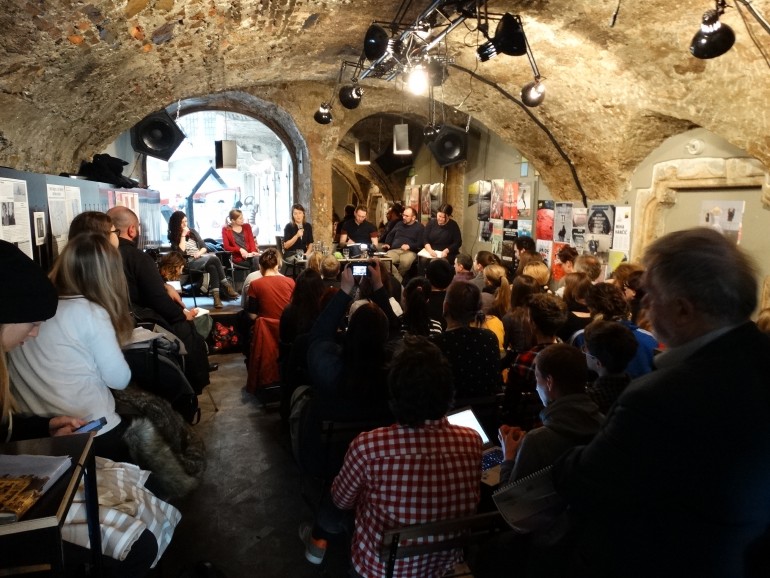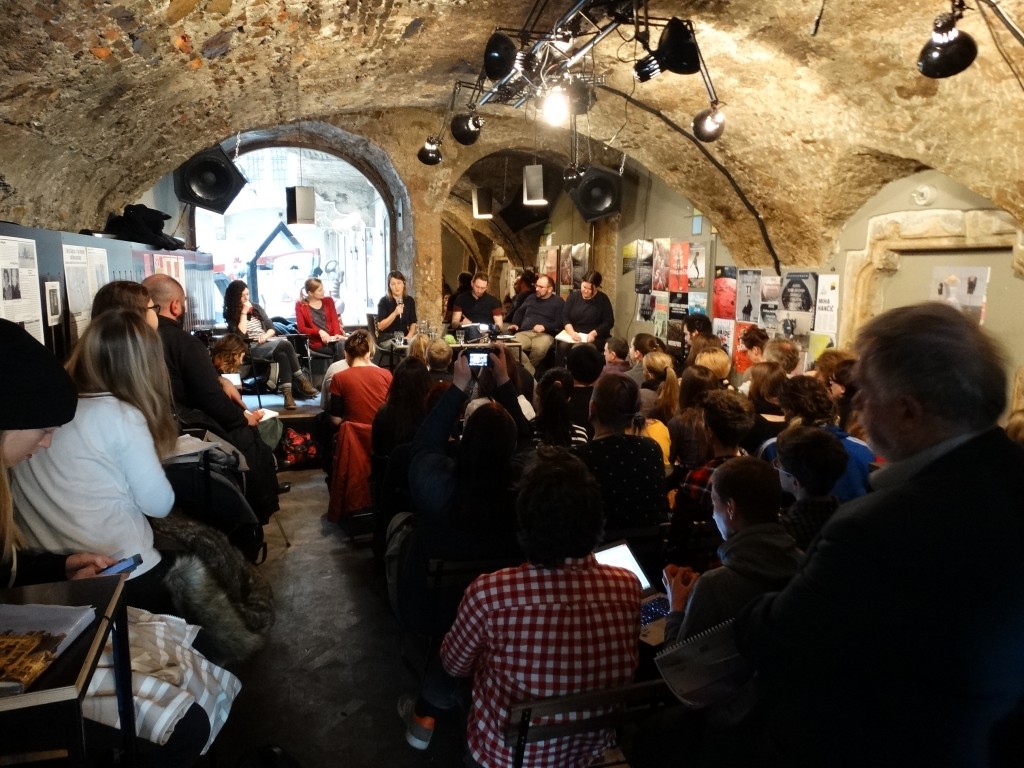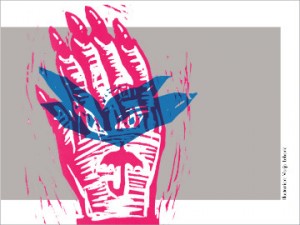ProsPol ‘Comparing European Prostitution Policies: Understanding Scales and Cultures of Governance’
31. 3. 2016 | Gender

A debate on sex work focusing on the region of CEE and the Balkans took place as part of the meeting on March 23rd and was organized by the Peace Institute from Ljubljana in cooperation with ICRSE. The debate placed issues of sex work in processes of re-traditionalization of societies, rising conservativism, restrictions of free movement etc. Speakers have tacked several issues, among them the problem of the predominately punitive approach to regulate prostitution in several countries of the region (i.e. Croatia, Serbia) resulting in criminalization and marginalization of sex workers, the problem of persistent moralization and stigma, police repression, work and heath (in)safety, including the topic of building alliances among civil society actors.
The European network ProsPol ‘Comparing European Prostitution Policies: Understanding Scales and Cultures of Governance’ (www.prospol.eu) held its sixth meeting in Ljubljana, Slovenia, on March 21st -23rd 2016, organized by the Peace Institute. The aim of Prospol is to exchange, enhance and compare knowledge about prostitution policies across Europe. Prospol began its activities in 2013 and will continue to provide an innovative platform of exchange to enhance understanding on prostitution policies until 2017. The network, chaired by Dr Isabel Crowhurst (University of Essex), is funded by the European intergovernmental body COST and the University of Essex is the Grant Holding institution.

A debate on sex work focusing on the region of CEE and the Balkans took place as part of the meeting on March 23rd and was organized by the Peace Institute from Ljubljana in cooperation with ICRSE. The round table included the following speakers: Boglárka Fedorkó, Communications Officer of the Hungarian Association of Sex Workers (SZEXE), Roxana Vasi, sex worker and also working with Sex Workers’ Rights Advocacy Network (SWAN), Agata Dziuban, Jagiellonian University in Poland, ICRSE and Association Program STACJA, Roman Kuhar, Faculty of Arts, University of Ljubljana and Legebitra, Luca Stevenson, sex worker and coordinator at ICRSE. The debate was moderated by Mojca Pajnik from the Peace Institute, with the opening speech of Metka Naglič from Amnesty International Slovenia.
In Slovenia, a country that has partly decriminalized prostitution and where despite this legal change from criminalization in 2003 sex work is invisible and, apart from scarce media and police reports hardly a topic of an informed debate, the round table was an important contribution to opening the space for visibility and disrupting the persistent moral framing of issues related to sex work. The debate placed issues of sex work in processes of re-traditionalization of societies, rising conservativism, restrictions of free movement etc. Speakers have tacked several issues, among them the problem of the predominately punitive approach to regulate prostitution in several countries of the region (i.e. Croatia, Serbia) resulting in criminalization and marginalization of sex workers, the problem of persistent moralization and stigma, police repression, work and heath (in)safety, including the topic of building alliances among civil society actors.
The event was organized in Pritličje, LGBT friendly cultural center and a bar that has displayed the exhibition CODE:RED Publicité by the artist Tadej Pogačar, founder of P.A.R.A.S.I.T.E. Museum of Contemporary Art on the subject of sex work and precarious economies.
The video recordings of the round table are available here:
https://www.youtube.com/watch?v=NWcAkGTmRZg&feature=youtu.be
https://www.youtube.com/watch?v=Ub05m53NAKQ
Funders:



